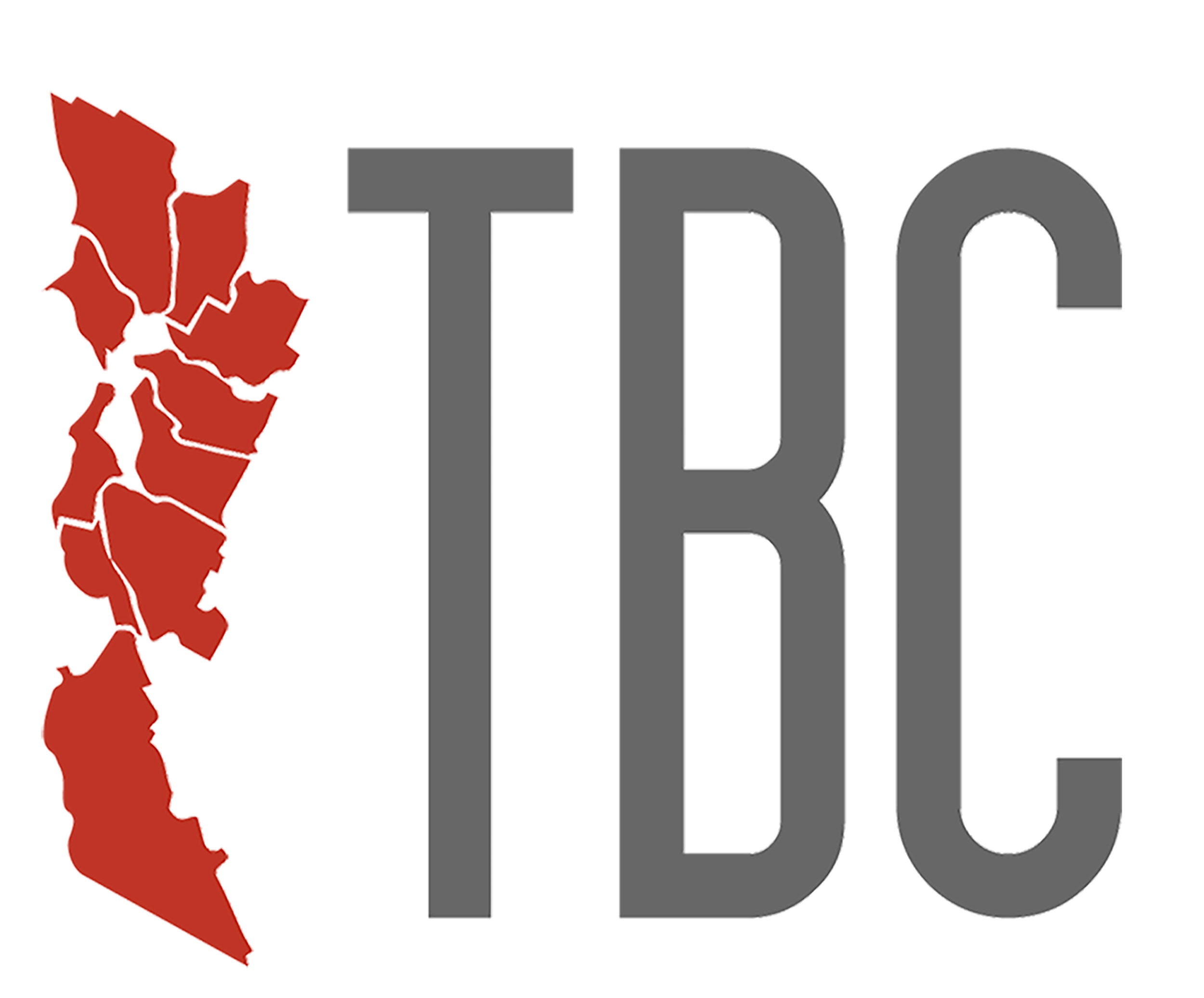5 Ways the Church can Respond to the Mental Health Crisis
Close to 50 million American adults experience some form of mental illness. Two out of five adults in the U.S. report symptoms of anxiety or depression. And there is a worrying uptick in the number of people who have thoughts of suicide. Even before the COVID-19 pandemic, there was an annual increase in the number of incidents caused by psychological distress. The grief, trauma, and physical isolation of the past few years has seriously impacted our collective mental health leading the country into what U.S. Surgeon General, Dr. Vivek H. Murthy identifies as a crisis.
Recently the FCC approved 988 as the 3-digit phone number individuals experiencing a mental health crisis can call for help. While previously those in need might call 911, the goal of the 988 Suicide and Crisis Lifeline is to provide immediate crisis intervention and support from trained professional counselors.
According to the U.S. Department of Health & Human Services, individuals experiencing a mental health crisis frequently turn to a pastor or faith leader before seeking help from a mental health professional. “I’ve been doing ministry for 30 years and I’ve never had to deal with mental health issues like we are now,” says Jesse Cottonham, Director of Life Groups at New Beginnings Community Church, which meets in Redwood City and San Jose.
The NBCC staff began the conversation on how to address its community’s mental health during the pandemic. “Our church suffered so much loss from COVID,” Jesse recalls. “Many in our community are transplants to the Bay Area. Their families are elsewhere, so many people felt isolated. We started addressing mental health based on that, but then things started happening so fast – one event after another. People were coming to the pastoral staff for help, but we’re not therapists. We realized we needed to get some good information from professionals.”
1. Bring in the professionals
“We started a partnership with a family therapist who’s helped us so much,” says Jesse. “She’s worked with us to put together some resources and workshops we use to train our Life Group leaders and our staff on how to recognize signs of mental health concerns in people. She’s shown us how we can address this, how to make sure they’re connected, how to get resources for them, and how to care for ourselves.”
NBCC partners with Dr. Christine Coleman. Shortly after the school shooting in Uvalde, Texas, Dr. Coleman led a bilingual mental health workshop designed to help parents talk to their children about the incident. “Dr. Coleman and I are putting together another workshop to take place this fall that will be even more intentional and focused. The topic will be how to recognize the signs of mental health concerns,” Jesse adds.
2. Ask the congregation what they want.
Members of the NBCC community have been very open in sharing their personal struggles not only with the church staff, but with their Life Group leaders. “We’re asking the congregation what it is they need, what kinds of resources they want us to offer,” says Jesse. “We need to stay in our lane of being spiritual encouragers, not professional therapists. That’s a fine line because we all want to help people and fix everything.”
Jesse has enlisted the help of additional professional therapists to lead new Life Groups. NBCC now offers Divorce Care, Grief Share, and Caring for Nurture, a group for caregivers. The church receives resources, material, and coaching through these national organizations. Jesse explains, “We’re trying to offer different options. If they don’t work for members of our church, we’re asking them why not and then figuring out what might actually fit their needs.”
3. Get creative
Jesse is tapping into the expertise of the partner professional therapists to find creative ways to respond to the community; “we don’t need to reinvent the wheel to address the needs of our congregation, but we’re looking for ideas besides just another support group.”
Several resources are available online, but Jesse is also working with the partner therapists to develop more personalized trainings that will address the specific needs of the NBCC community.
4. Build community
At the beginning of the pandemic, life group pastors from several local area churches formed a group and met together virtually once a month as Jesse explains, “It was such new territory for us. We talked about the issues that were coming up within our Life Groups and shared ideas.”
5. Provide training
Jesse recommends training both small group leaders and church staff to recognize the signs of a mental health crisis. “The more training, the better,” he suggests. “If you can find a professional within your congregation, that’s great.”
NBCC offers Stephen Ministry training for its members. Stephen Ministers provide one-to-one spiritual care for people experiencing difficult life circumstances.
Jesse advises church leaders to develop a mental health response slowly. “The need is great, but don’t rush into it. To do it really well, make sure you have professionals to guide you. This is not a one and done. You’ll have to constantly address mental health. To make sure you’re addressing it the right way, slow down, pray, and wait on God’s timing.”
If you’d like to learn more about upcoming Mental Health Trainings, please email, info@tbc.city

